|
Should you invest several hundred pounds in professional proofreading and editing training when there are free online courses available? A reader asked me whether the freebies are worth their salt …
Malika asked:
Hello Louise. Your blog has helped me with a lot of things. However, I am currently doing a BA. I want to learn editing and proofreading side by side. I wanted to ask whether the websites providing free online courses on editing and proofreading are reliable. Thanks for your question, Malika! Foundational English-language skills First, I always recommend that those considering a career in this field focus on their language skills before they embark on professional editorial training. Professional proofreading and editing courses teach the practice of how and when to amend or annotate. They assume an existing above-average knowledge of spelling, punctuation and grammar that accords with English-language convention.
Proofreading and copyediting – what do those terms mean?
Before I get into the nuts and bolts of your question, I’d like to talk about what’s meant by the terms ‘proofreading’ and ‘editing’. The terminology is often tangled. I define the various stages of editing as follows:
The training we do (whether it’s free or charged for) needs to reflect the skills needed to carry out these levels of editing. At the end of this post I've provided a PDF that offers more detail about the problems proofreaders and editors aim to solve at each stage.
Reliability, promises and intention
Now to your query. I think that an evaluation of a course’s reliability needs to ask two questions:
EXAMPLE The course:
Your intentions:
The course has been designed to help Purdue students with the thesis-writing process, not train proofreaders to professional standards. The course is reliable in the context of its intention. It’s just not a good match for you or anyone else seeking to set up an editorial business.
Client perceptions and expectations
There’s a marketing issue at stake, too. However ‘reliable’ the free course is, it’s worth asking yourself whether it has the potential to enhance or damage your trustworthiness. Here’s the problem – there are thousands and thousands of editors and proofreaders online. The market is global, too, thanks to the internet. If a client finds you and five others, how will they decide who’s worth getting a quote from? Imagine your home needs rewiring. You’ve already had one small electrical fire and want to avoid a future catastrophe. Who do you hire? The professionally accredited electrician or the spark who did a free tutorial on YouTube? People searching for editorial services are just as discerning. They’re handing over hundreds, even thousands of pounds to a stranger. They want a professional who’s passionate about their business, takes it seriously enough to invest in high-quality training, and knows how to fix what’s wrong to industry-recognized standards. If you can’t demonstrate that you’re that person, you won’t be able to compete effectively. Some client types, publishers for example, expect an editorial pro to have completed courses from specific training providers. Others will focus on your successful completion of a test. To pass the test, you’ll need to know your stuff. If your free course doesn’t provide you with the required knowledge, you’ll come unstuck.
Ask colleagues, clients and professional organizations
Some years ago, I asked a group of UK publishers about professional training. You can read what they said in ‘Does training matter?’ (see ‘Further reading’ below). If you’re based outside the UK, call a few publishers and find out what professional training they recommend. Your national editorial society will also have guidance. There’s a list of worldwide national editorial societies in the ‘Further reading’ section, too. Practising editors and proofreaders will also have opinions. Ask in online forums about any free course you’re considering, and how it stacks up against paid-for options. Here’s one editor’s opinion: I recommend the Chartered Institute of Editing and Proofreading (CIEP) and the Publishing Training Centre (PTC) for UK editorial training. That recommendation is based on my experience (I’ve not done any free editorial training) but it’s an opinion, not the law! My colleagues will have their own preferences, some of which will be based on where they live.
Pro training courses – what’s on offer
Compare any free course’s syllabus with that of an industry-recognized course. Let’s take a look at the CIEP's proofreading training: Proofreading 1: Introduction (online £103) Time: 10 hours ‘This course is suitable for beginners contemplating a career as a proofreader and for those who need to proofread as part of their job but have had little formal training. [It] teaches the very basics of proofreading; on its own it does not provide the thorough grounding needed to work as a professional proofreader. Apart from introducing the basics of proofreading, the course is designed as a taster to answer the question “Is proofreading for me?”’ You can see the full syllabus here: Proofreading 1: Introduction; it includes:
Proofreading 2: Headway (online £156) Time: 20–25 hours ‘This course is for people who have some knowledge and experience of proofreading and would like to learn more. It […] builds on the basic skills you already have to improve your concentration, focus and judgement.’ You can see the full syllabus here: Proofreading 2: Headway; it includes:
Proofreading 3: Progress (online £156) Time: 20–25 hours ‘This course guides you through more complex general and specialised material, including texts with illustrations, tables, notes and references.’ You can see the full syllabus here: Proofreading 3: Progress; it includes:
This is staged professional industry-recognized training that aims to make you fit for purpose and ready for market. It’s not cheap, nor should it be given that it’ll take a minimum of 50 hours to complete. No one gives away 50 hours of anything for free! If you find a free online proofreading course and it doesn’t include the content covered by the full staged CIEP syllabus outlined above (or an equivalent professional association’s course in your own country), ask yourself whether the material is sufficient for your learning requirements. When free is great – the springboard That’s not to say that freebies aren’t valuable. However, we need to recognize that, usually, what’s on offer is a glimpse, a taster. That taster might well offer insights, knowledge, tips and tools to start us on our journey. Freebies are a springboard. I use them to gauge my fit with what’s on offer. I chose to invest in professional marketing coaching earlier this year. But first I signed up for some free stuff to see whether I liked the hosts and their training methods. I provide my own freebies – my website is packed with them … PDFs, ideas, advice, booklets. These are snippets; people have to pay for my substantive books. Many editors offer free sample edits to give clients a taster; the full editorial service costs. And so it is with editorial training. The PTC offers a free taster programme for its flagship distance-learning proofreading course. The CIEP offers a free proofreading test. Will either make you ready to offer proofreading services to clients in the open market? No. Will they act as signposts for what kinds of issues you need to look out for and whether a proofreading career is for you? Definitely. But you get what you pay for!
Being a professional
Editorial work is no different to accountancy, social work, teaching, graphic design, building, or electrical engineering … you can do it well and to professional standards, or you can do it badly. If you do it well, you’ll be able to give your clients excellent customer service. They’ll use you repeatedly and refer others to you. They’ll give you testimonials that will build your social proof. If you do it badly, you’ll let your clients down. If you’re lucky they’ll only complain and ask for their money back. If you’re not, they’ll tell others how awful your work is – a PR disaster. Any courses that promise miracles for very little to no money and time need to be viewed with caution. Use them to evaluate whether a professional editorial career is right for you. Beyond that, financial investment will be necessary. I hope that helps you, Malika! Further reading
Louise Harnby is a line editor, copyeditor and proofreader who specializes in working with crime, mystery, suspense and thriller writers.
She is an Advanced Professional Member of the Chartered Institute of Editing and Proofreading (CIEP), a member of ACES, a Partner Member of The Alliance of Independent Authors (ALLi), and co-hosts The Editing Podcast. Visit her business website at Louise Harnby | Fiction Editor & Proofreader, say hello on Twitter at @LouiseHarnby, connect via Facebook and LinkedIn, and check out her books and courses.
15 Comments
Malika
3/1/2018 05:11:53 am
Thank you mam. It really helped me.
Reply
Louise Harnby
3/1/2018 03:53:03 pm
Thanks, Malika! Glad to hear that!
Reply
Rachel
7/9/2018 07:04:01 am
Thank you for this. I'm contemplating certifications now and this perspective gives me a lot to think about.
Reply
Louise Harnby
7/9/2018 09:34:05 am
Thanks so much, Rachel. I'm always pleased to hear about anything that needs amending (though email is a less public way of drawing attention to problems). This Q&A series was a tool I played with last year. I always responded within 24 hours because the questions had come from people needing help. The blogs didn't go through the usual process of drafting, self-editing and external proofreading, and were written late at night so as not to cut into to work or leisure time. Errors were therefore inevitable! Thanks again for the heads-up. I'll give it another once-over and amend accordingly.
Reply
glenda
6/7/2019 02:49:49 pm
Hi,
Reply
Louise Harnby
6/7/2019 03:52:57 pm
I'd advise seeking the advice of your national editorial society as a first step. https://www.louiseharnbyproofreader.com/editing--proofreading-societies.html
Reply
Suzie
15/7/2019 03:21:24 pm
Hi,
Reply
Louise Harnby
15/7/2019 05:25:02 pm
Most proofreading courses teach traditional proofreading, which involves annotating designed page proofs (either hard copy or PDF). I think you need to look at courses that will teach you how to work with raw text, which in the publishing industry usually means copy- or line-editing. The best thing to do is check the syllabuses before you invest so you understand what you're investing in. Different courses offer different things!
Reply
Adrian Rigoni
31/7/2019 01:00:56 pm
Thank you so much for providing me this insightful and practical information.
Reply
Louise Harnby
6/8/2019 10:52:01 am
You're very welcome, Adrian!
Reply
Leanne
2/8/2019 10:52:53 pm
Thank I really found this blog post information helpful.
Reply
Louise Harnby
6/8/2019 10:52:25 am
Cheers, Leanne. Glad you found it useful!
Reply
sephora
23/12/2019 07:06:13 pm
Hi there,
Reply
26/4/2020 06:13:08 am
I really need a job. I have two sons. And we live on a fixed income under $5000. I have no experience proofreading. But I would love to learn. The problem is is I have no money right now. How much do your training courses cost? I may have to get back with you. But if you can teach me I am interested. Please email me.
Reply
Louise Harnby
27/4/2020 11:44:43 am
Dear April,
Reply
Leave a Reply. |
BLOG ALERTSIf you'd like me to email you when a new blog post is available, sign up for blog alerts!
TESTIMONIALSDare Rogers'Louise uses her expertise to hone a story until it's razor sharp, while still allowing the author’s voice to remain dominant.'Jeff Carson'I wholeheartedly recommend her services ... Just don’t hire her when I need her.'J B Turner'Sincere thanks for a beautiful and elegant piece of work. First class.'Ayshe Gemedzhy'What makes her stand out and shine is her ability to immerse herself in your story.'Salt Publishing'A million thanks – your mark-up is perfect, as always.'CATEGORIES
All
ARCHIVES
July 2024
|
|
|
|


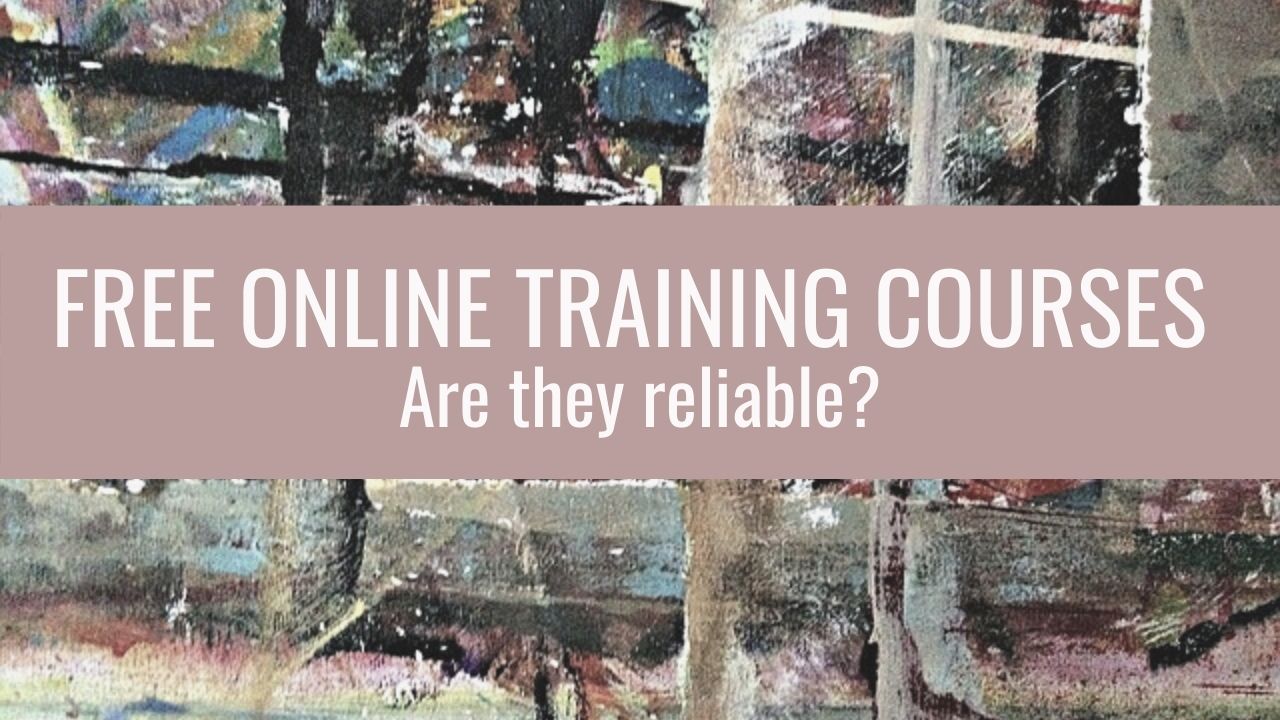
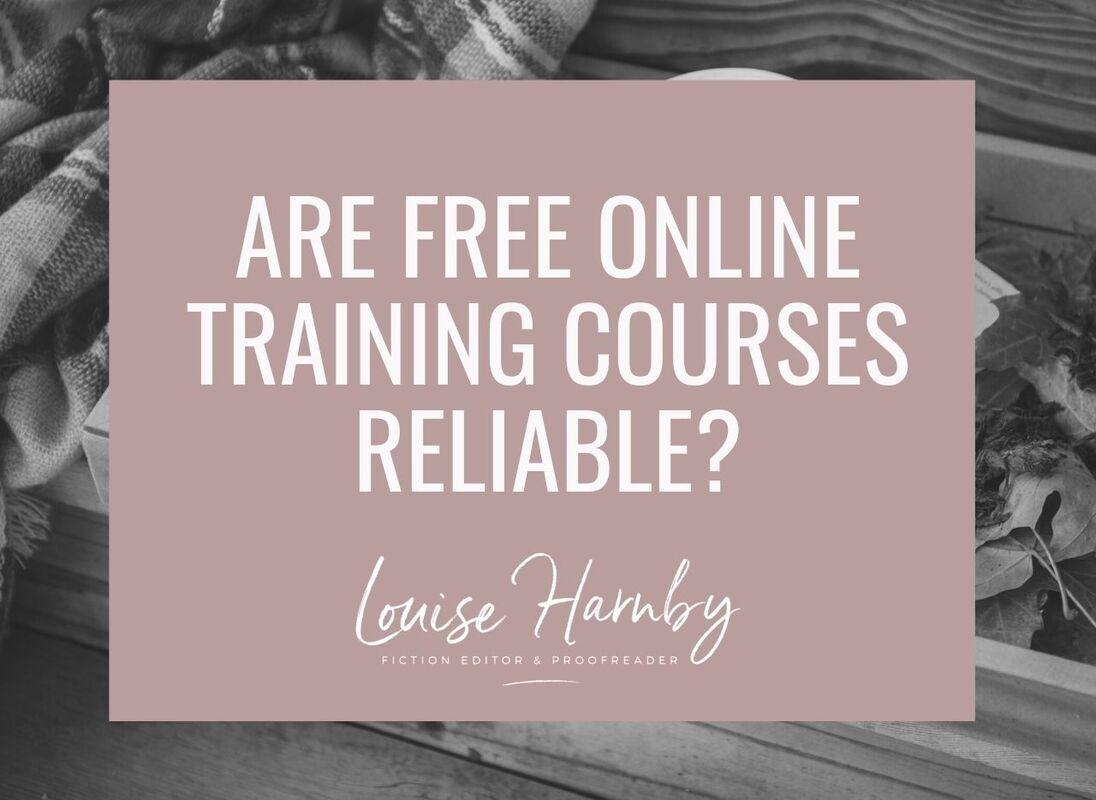
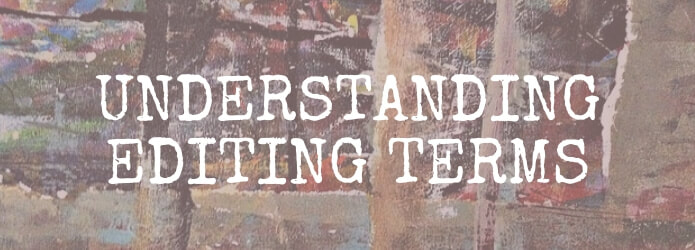
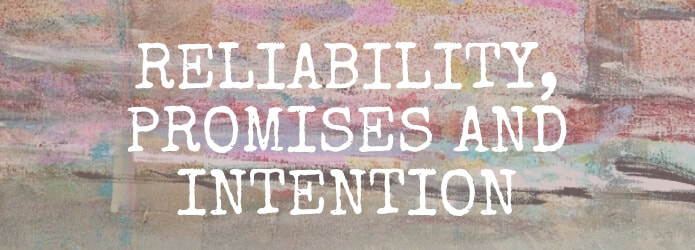
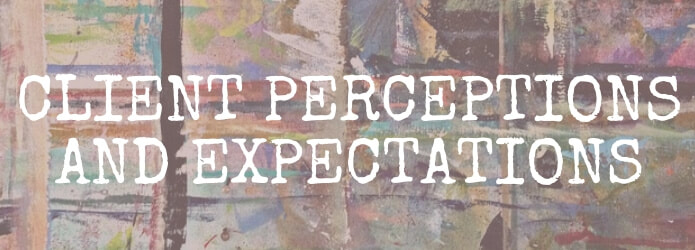
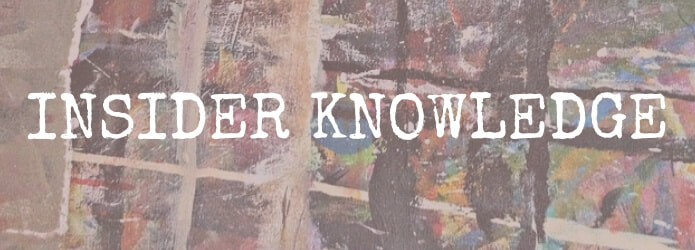
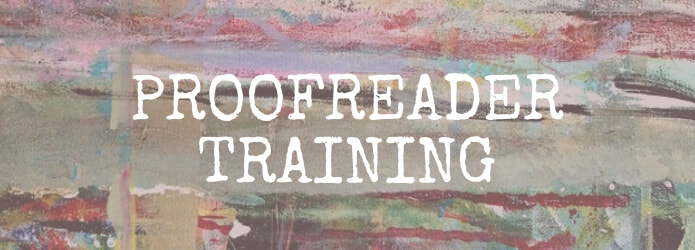
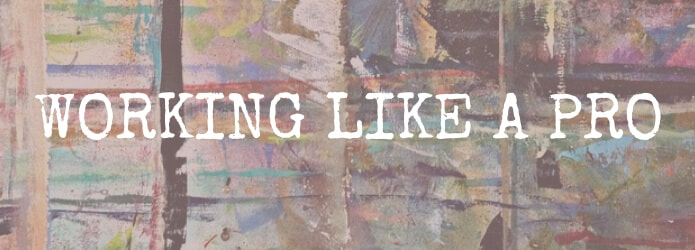
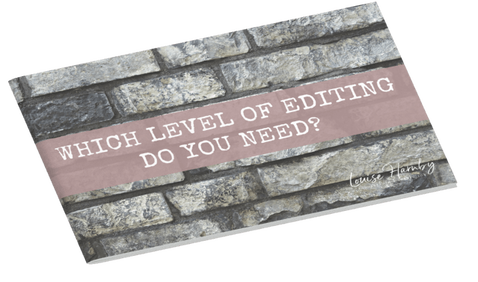













 RSS Feed
RSS Feed





